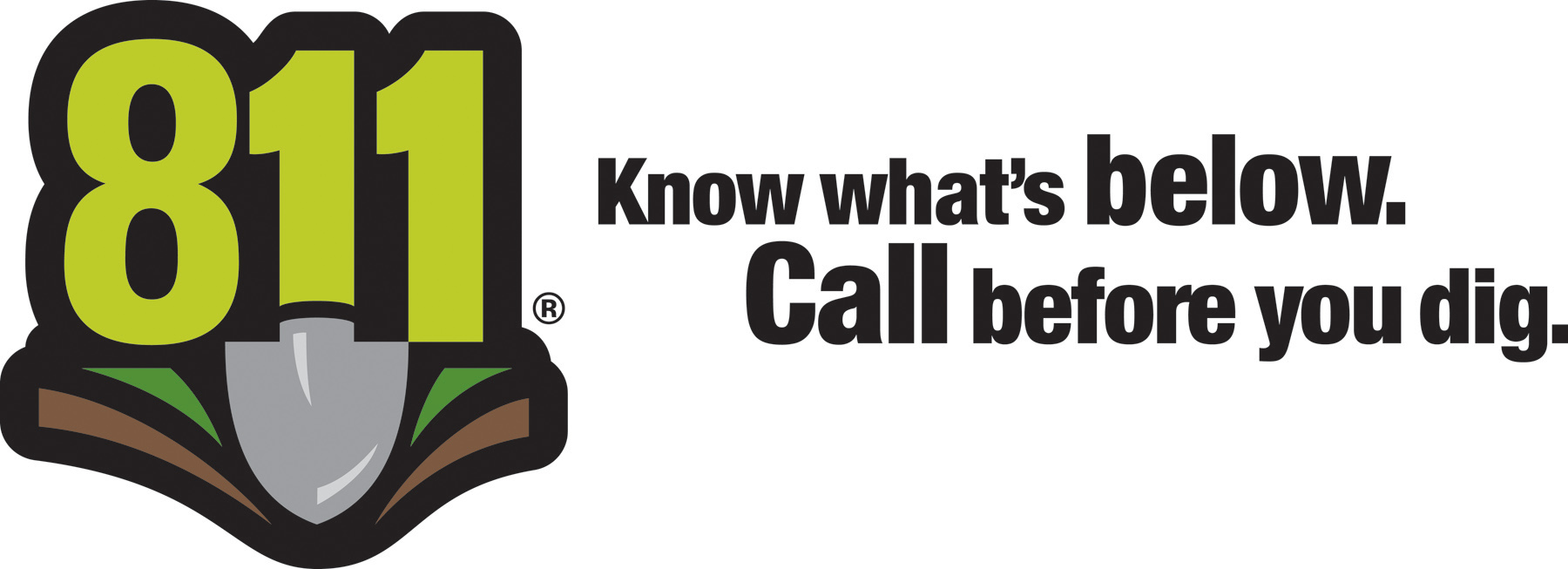Pipelines are the safest way to transport natural gas over long distances. Gas pipelines are built according to rigorous safety standards and have a solid safety record. The new pipeline will have to meet strict safety standards and minimize impacts to environmentally sensitive areas in keeping with all lwww, regulations and will complement NextEra Energy’s long-standing commitment to safety and environmental stewardship.
For more information on pipeline safety, please see the information referenced below from the website of the Interstate Natural Gas Association of America (INGAA), a trade organization that advocates regulatory and legislative positions of importance to the natural gas pipeline industry in North America. NextEra Energy, a sister company to Florida Southeast Connection, is a member of the INGAA Foundation and Florida Southeast Connection will support INGAA safety practices in the development of the Florida Southeast Connection pipeline.
Florida Southeast Connection: Making Safety Job One!
At Florida Southeast Connection, safety will be the cornerstone of our commitment to customers. As a pipeline owner and operator, Florida Southeast Connection will be responsible for the safety of its operations and is required to meet federal and state safety and environmental standards. Additionally, the Department of Transportation’s Office of Pipeline Safety oversees and regulates pipeline system operations, from the design stage of a project to construction, maintenance and operations. To ensure public safety, we commit to continuously monitor our systems through a combination of safety programs.
Above/Below Ground Coating Maintenance
The protection of pipeline infrastructure above and below ground is addressed during the fabrication and construction phases with a durable waterproof coating and cathodic protection that is installed to minimize corrosion. The pipeline is carefully inspected during the manufacturing and construction phases to ensure the coating system quality meets or exceeds industry-wide standards.
Aerial Patrols
Aerial patrols will be conducted throughout the course of the year to inspect the pipeline route and surrounding communities. This allows for inspections of ground changes, construction activities or other conditions that could affect the pipelines.
Corrosion Protection
Florida Southeast Connection will conduct routine cleaning of pipeline using devices called “pigs” as necessary and as required.
Corrosion Protection
Cathodic protection systems will be installed to protect the pipeline from corrosion.
Gas Control
Florida Southeast Connection will install monitoring systems that will allow personnel to track activity on and analyze data about our pipeline system 24 hours a day, seven days a week. This includes monitoring natural gas flows by using Supervisory Control and Data Acquisition (SCADA).
Gas Measurement
Florida Southeast Connection will measure and sample gas appropriately at inlet and outlet points to identify potential corrosive components and to ensure that a high standard of quality is maintained.
Ground Surveys
Florida Southeast Connection will utilize ground surveys and foot patrols along pipeline easements to help spot and repair potential pipeline problems.
Internal Pipeline Inspections
Internal pipeline messages will be performed periodically using “smart pig” devices. These inspection tools are inserted inside the pipeline to look for any possible abnormalities or irregularities. Information uncovered from smart pig inspections can be used to monitor and fix pipelines as needed.
Leak Surveys
Leak surveys will be implemented on all pipeline infrastructure on an annual basis as required by federal agencies.
Painting of Above-ground Facilities
Above-ground pipeline facilities will be routinely painted to inhibit corrosion and make them more visible.
Pipeline Patrols
Florida Southeast Connection will utilize inspections and foot patrols along pipeline right-of-way to identify and repair potential pipeline problems.
Right-of-Way Maintenance
Right-of-way maintenance will include vegetation management (mowing and clearing of shrubs) and keeping rights-of-way clear so that pipeline routes are easily identifiable to those involved in any excavation activities in or adjacent to rights-of-way.
Sign/Marker Maintenance
Above-ground markers and signs will be placed along pipeline right-of-ways to inform the public about the presence of the natural gas pipelines. The markers will feature emergency contact information for the Florida Southeast Connection pipeline and will be located at roads, railroads, fences, water crossings and curbs.
Waterway Inspections
Pipeline maintenance crews will perform routine inspections of the Florida Southeast Connection pipeline where it crosses waterways. This would involve underwater inspections to ensure pipeline integrity.
Natural Gas Pipeline Safety – It’s a Shared Responsibility
Serious accidents on interstate natural gas pipelines are rare. But when leaks or ruptures occur, they can cause significant harm to persons and property. Pipeline safety is a responsibility that’s shared among many people, including pipeline company personnel, the federal and state agencies that oversee natural gas pipelines, public safety officials and — equally as important — our neighbors who live and work near pipelines.
That’s why you are an integral part of the safe operation of natural gas pipelines. If there is a pipeline in your community, you need to:
1) be informed of where the pipeline facilities are located; 2) be aware of activities around these facilities, especially anything that appears to be out of the ordinary; and 3) be responsive by knowing what action to take in the unlikely event of an emergency or the presence of unusual or suspicious activity.
Here’s how you can be informed, aware and responsive:
-
Find out if a transmission pipeline is on or near your property
- Check the National Pipeline Mapping System Public Map Viewer at www.npms.phmsa.dot.gov
- Look for pipeline markers — these are signs, located at regular intervals, that include information about the transmission pipeline operator
- Read any mailings you receive from pipeline companies — if you get them, that means there’s a pipeline in your area
-
Use the One-Call System before you do any type of excavation
- Call 811 Before You Dig so underground pipes and utilities are properly identified and marked — Section 5 provides more information on One-Call
- Excavate carefully around any pipeline facilities
- Inform the One-Call System and pipeline operator of possible unmarked excavation or pipeline damage that may have been caused by digging

